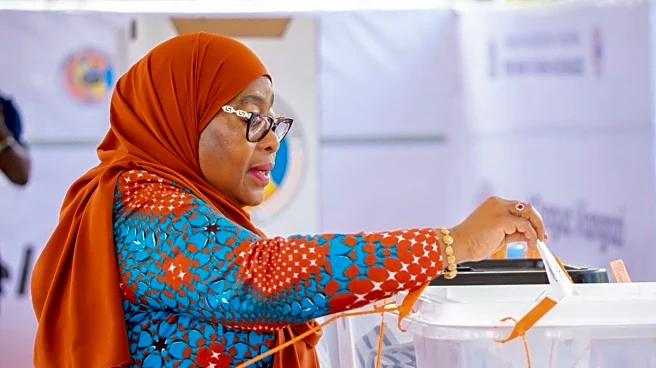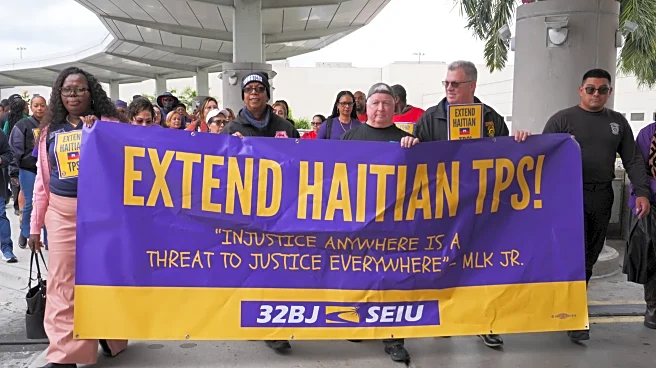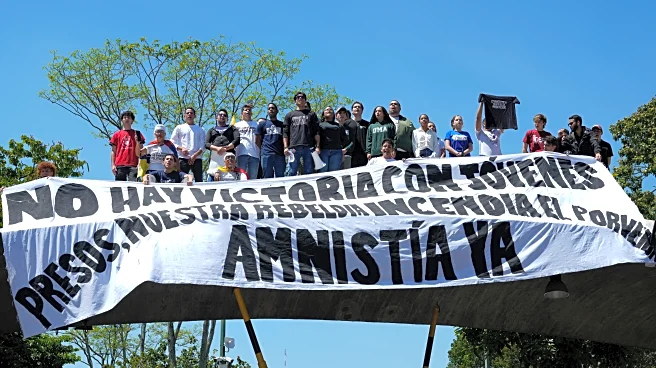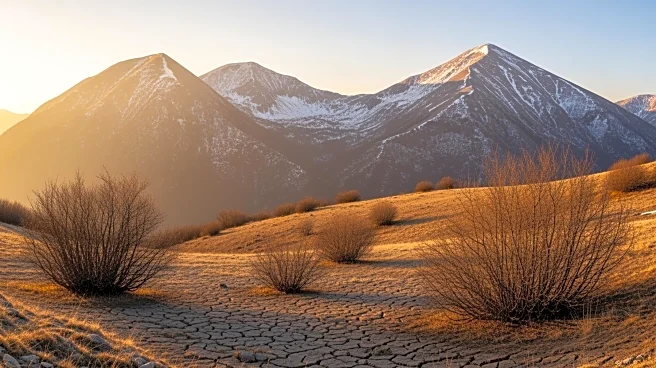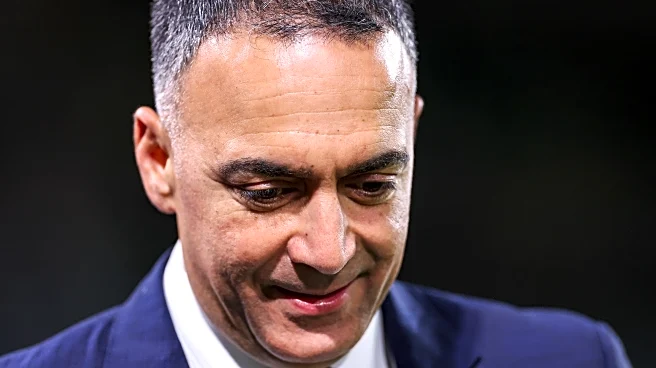DODOMA, Tanzania (AP) — Tanzania’s President Samia Suluhu Hassan was sworn in Monday at a ceremony limited to invited guests, following a disputed election that sparked deadly protests after two main opposition candidates were barred from running.
The president acknowledged the “loss of lives” and blamed foreigners, saying “it was not a surprise that those arrested were from other countries.” She vowed to “unite the country” and urged security agencies
to ensure normalcy returns.
The swearing-in ceremony was held on government-owned grounds in the administrative capital of Dodoma, a departure from the past, when president took the oath at packed football stadiums that were open to the public.
Tension remained high in the commercial capital, Dar es Salaam, following three days of election protests. Gas stations and grocery shops were closed, with streets nearly empty as government employees continued to work from home. In Dodoma, most people stayed home.
The Oct. 29 election was marred by violence as demonstrators took to the streets of major cities to protest the poll and stop the counting of votes. The military was deployed to help police quell riots. Internet connectivity has been on and off in the East African nation, disrupting travel and other activities.
The protests spread across Tanzania, and the government postponed the reopening of universities, which had been set for Nov. 3.
Tanzanian authorities have not said how many people were killed or injured in the violence. A spokesman for the U.N. human rights office, Seif Magango, on Friday told a U.N. briefing in Geneva by video from Kenya that there were credible reports of 10 deaths in Dar es Salaam and Shinyanga and Morogoro towns.
Secretary General of the Tanzania Episcopal Conference Charles Kitima told The Associated Press that “hundreds” of people died and even though there was no official death toll, reports from communities point toward many deaths.
“The president has been sworn in and we hope justice will be served to those who lost their loved ones and that protesters are not targeted,” he said.
Kitima said young people are the most aggrieved and their lack of interest in the election shows the need for leaders to engage them and find solutions to their issues.
The election results were rejected by the main opposition party, Chadema.
“These results have no basis in reality, as the truth is that no genuine election took place in Tanzania,” the party’s statement read in part.
Chadema party leader Tundu Lissu has been imprisoned for several months after being charged with treason for calling for electoral reforms that he said were necessary for a free and fair vote. Another opposition figure, Luhaga Mpina of the ACT-Wazalendo Party, was barred from running.
The presidents of Mozambique, Zambia, Burundi and Somalia attended the swearing-in on Monday.
Zambian President Hakainde Hichilema urged Tanzanians to shun violence, saying no country has ever recovered from the “menace” of violence.
Kenyan President William Ruto issued a statement on Monday urging Tanzanians to maintain peace and calling for dialogue among stakeholders to maintain national stability. Ruto did not travel to Dodoma on Monday and was represented by his vice president.
The election violence in Tanzania led to a closure of the border crossing with Kenya at Namanga, where agricultural goods in trucks have been rotting for six days.
